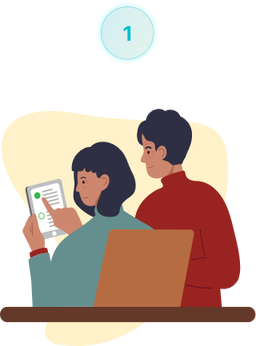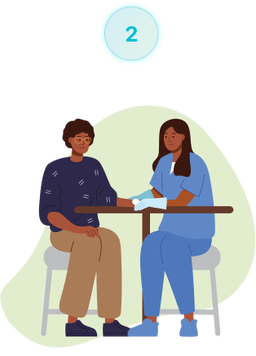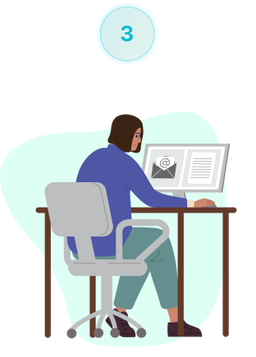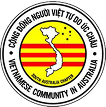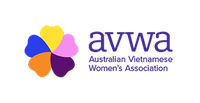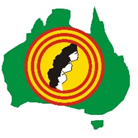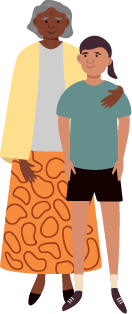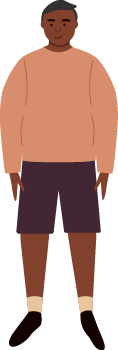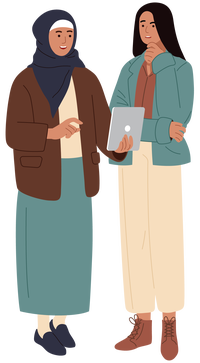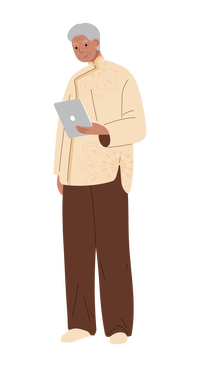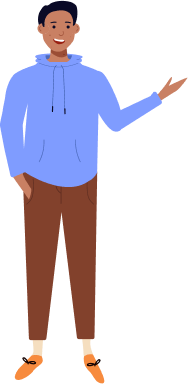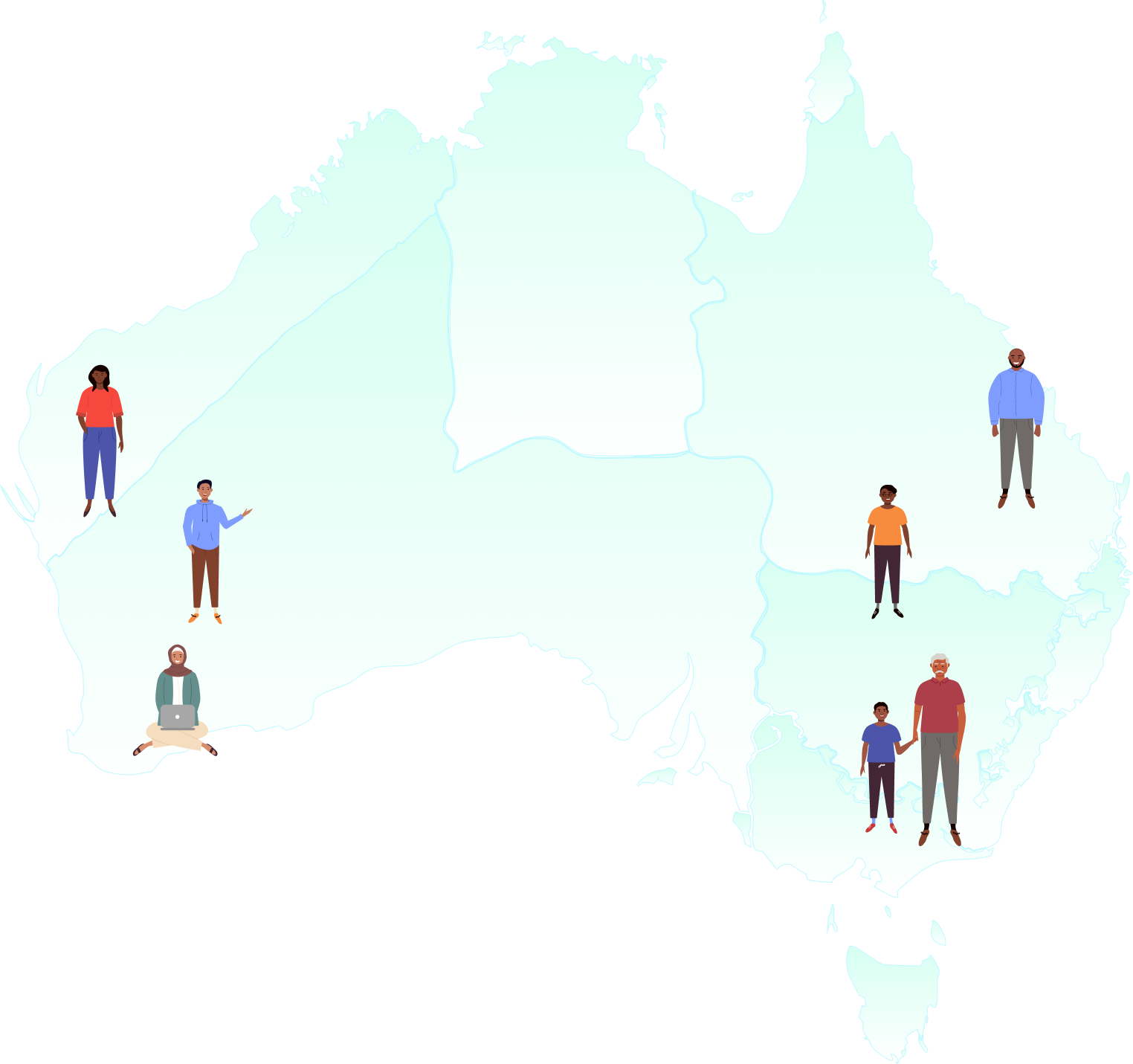
Shape the future of medical research and healthcare in Australia
OurDNA is partnering with multicultural communities to ensure all Australians can benefit from advances in medical research and healthcare. We can’t do this without you!
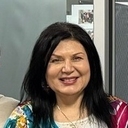
Lina Hassan, Key Partner, Lebanese Community
"It was an absolutely fantastic event, and all the success was only possible because of the wonderful team we had the privilege of working with. The smiles on everyone's faces created such a welcoming atmosphere—from the moment community members arrived to the moment they left feeling culturally respected, heard, and supported."
